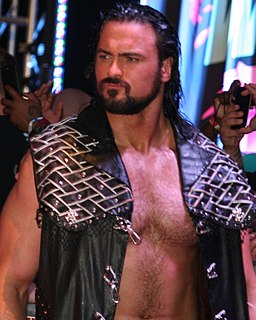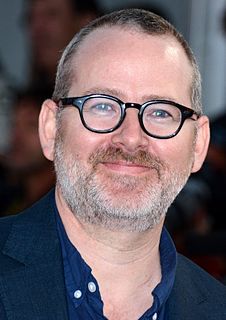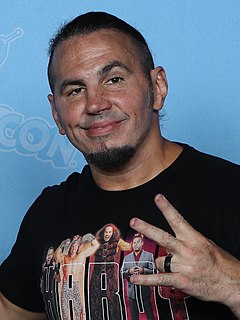A Quote by Drew McIntyre
If I agree with something, then I do, and if I don't, then I don't. It's as simple as that.
Related Quotes
I had creative control over my character, which means if they wanted me to do something that I didn't agree with, then I wouldn't do it. If it was good for the show, then I had no problem. If it was demeaning to the character and wasn't adding a positive light to the show, then I can guarantee that I wouldn't do it.
All propaganda or popularization involves a putting of the complex into the simple, but such a move is instantly deconstructive. For if the complex can be put into the simple, then it cannot be as complex as it seemed in the first place; and if the simple can be an adequate medium of such complexity, then it cannot after all be as simple as all that.
What comedy does, for the most part, is it voices something so simplistically that people will agree with us, and then once you agree with something, you go, 'That's what I think.' So what you're trying to do is try to voice arguments that people get on a side with. So they can use that, maybe at a dinner party, themselves.
I find as long as I acknowledge the truth of something, then that's it. I know what it is and then I can operate. But if I overestimate the downside of something or the challenge of something and I get too obsessed about the difficulty of it, then I don't leave enough room to be open to the upside, the possibility.
We would be somewhat foolish to work out something on stopping us from going over the cliff and then a month or six weeks later Republicans pull the same game they did before and say, 'We're not going to do anything - unless this happens, we're not going to agree to increasing the debt ceiling.' I agree with the president, it has to be a package deal.
































